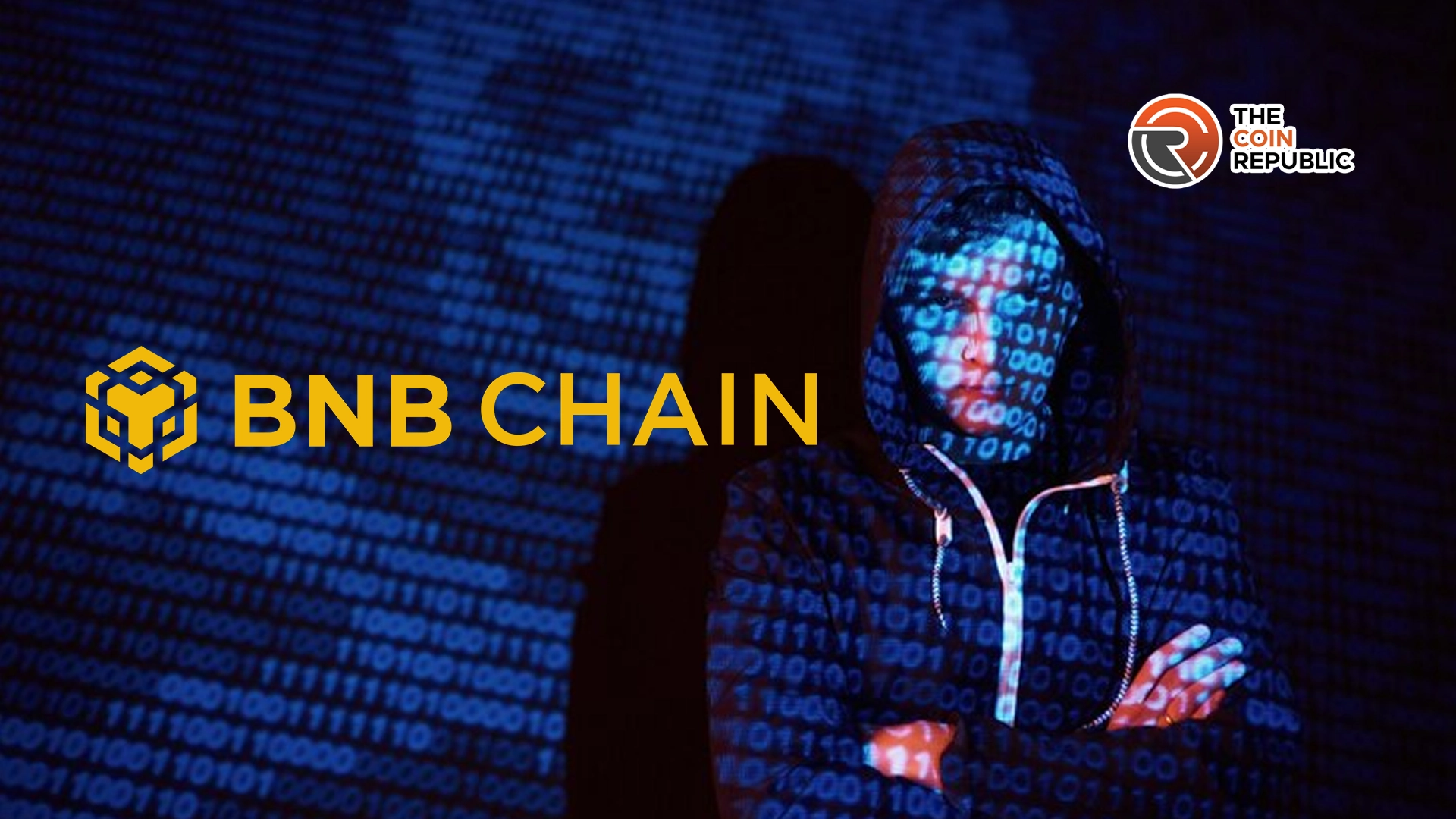Bankroll Status, a DeFi application on the BNB Chain, recently lost $230,000 to a hacker attack. Cybersecurity firm Cyvers linked the assault to the DualPools hacker group, which has targeted DeFi before.
The attack was associated with a malicious smart contract that was deployed three months ago. It resembled the previous DualPools patterns.
The suspicious transaction was detected by Cyvers’ system which has been tracking the hacker group for some time now. The group has been reported to attack DeFi protocols and deploy malicious smart contracts.
This happened just a few days after another huge cyberattack on BingX during which more than $52 million were stolen.
Such attacks are on the rise, which shows that there is a need to enhance security within the DeFi sector. Investigations into the exact mechanisms of the hack are ongoing, with Cyvers warning other platforms to bolster their defenses.
DualPools’ Tactics and Ongoing Investigation
The DualPools hacker group has become more active and a threat within the DeFi space. Their technique is to use malicious contracts that are used to penetrate and steal from other platforms and users.
These attacks are typically slow and calculated, making it difficult for platforms to detect the breach. It can only be caught after substantial damage has occurred.
Cyvers said that the smart contract that was utilized in this hack was created 90 days ago. This tactic has been used before.
The same hacker group is still focusing on DeFi projects and the attacks go in a circle around several protocols.
The precise openings in the Bankroll Status system that were used to penetrate the system have not yet been elaborated. However, Cyvers is in the process of determining other possible weaknesses.
The attack on Bankroll Status is a continuation of other complicated hacking attempts against blockchain-based platforms. DeFi protocols suffer most because of the complexity of the smart contracts which often hide some bugs that hackers can exploit.
Cyvers has, however, urged all DeFi users and platforms to protect their assets and look for any suspicious transactions as the probe goes on.
BingX Hack and Broader Implications for the Industry
This latest breach happened only a few weeks after another hack on the Singapore-based exchange BingX, which led to the loss of $52 million.
It was initially estimated that the attack had resulted in a $26 million loss, but more wallets were identified. This attack also led to the loss of Ether (ETH), Binance Coin (BNB), Tether (USDT), and more than 360 forms of altcoins.
BingX has confirmed the hack and is currently in the process of working with cybersecurity companies to try and get the funds back.
About $1 million has been frozen so far, but most of the assets have not been found yet. Such incidents reveal the existing weaknesses within the crypto space, especially as criminals continue to upgrade their tactics.
Efforts to Improve DeFi Security on BNB Chain
In these increasing attacks, BNB Chain is trying to minimize DeFi losses with AvengerDAO, a community-based security group.
AvengerDAO boasts that it has played a role in reducing DeFi losses on the BNB Chain by up to 85% from previous years. This is because the number of attacks has risen, which underlines the significance of prevention at an initial stage and the user’s consciousness.
The BNB Chain core development team stressed that everyone has a role in secure blockchain development, from developers to platforms and users.
Although the DAO has managed to minimize the overall threat from attacks, there are still many weaknesses in DeFi protocols that could cause problems. Rug pulls and malicious smart contracts continue to plague the blockchain environment adding to the challenges of securing the system.











